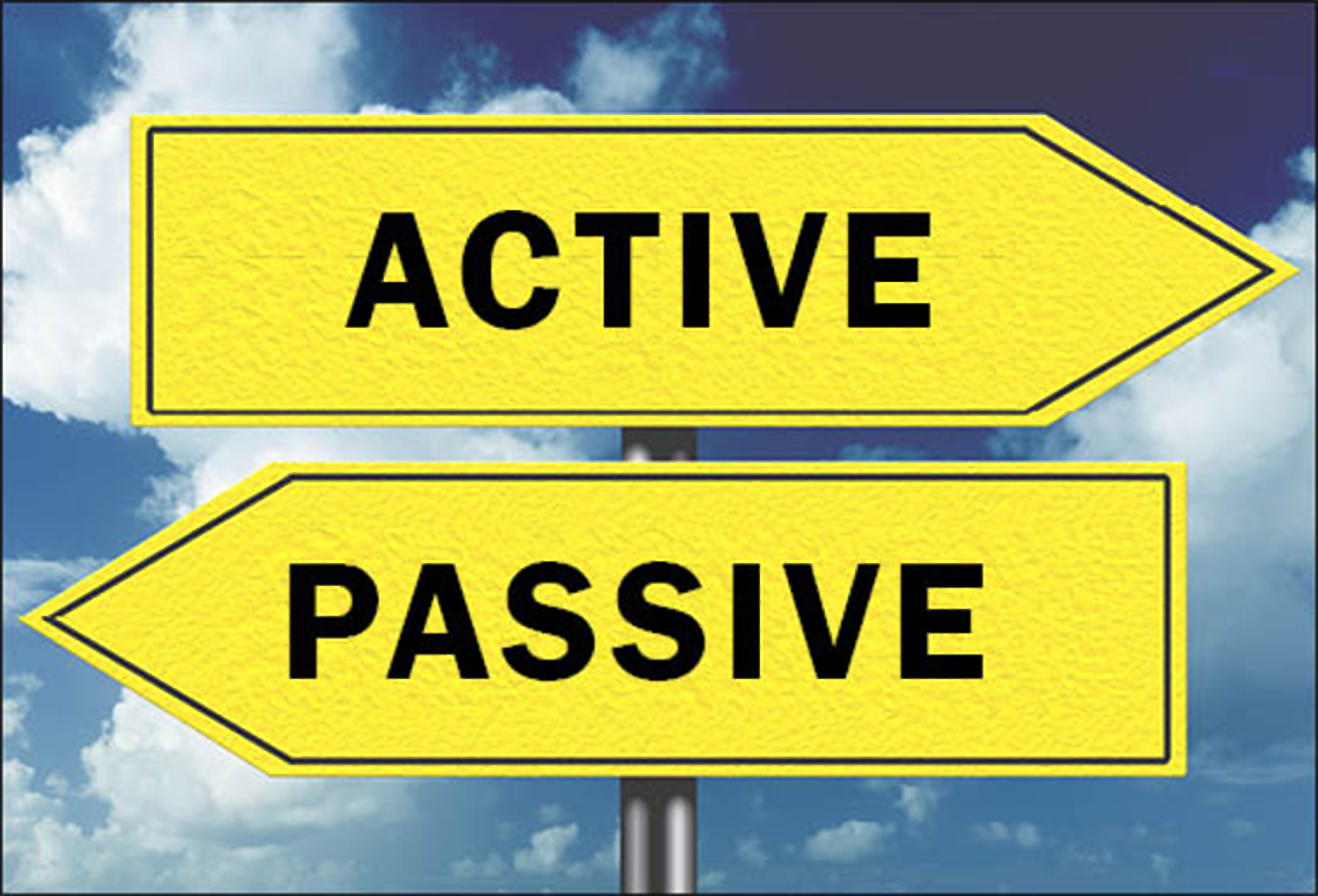As a financial advisor, I spend a lot of time thinking about how to construct investment portfolios for my clients. A big part of that conversation centers on the role of active and passive styles of investing. This is an ongoing (and sometimes quite heated) debate in the financial services industry.
This post is the first of a multi-part series. In this article, I will break down these concepts and explain what they mean. Additionally, I will go over some of the potential positives and negatives of active and passive investing from a theoretical standpoint. In future articles, I will discuss my opinion on both styles with supporting research.
Passive Investing
Theory
Passive investing, also known as index investing, is rooted in the efficient market hypothesis (EMH). There are different degrees of EMH. Proponents of passive investing usually believe in the strong form of EMH. This part of the theory summarizes that stock prices generally reflect all publicly available information at any given time. Therefore, it suggests that it is difficult to outperform the market in the long-run.
Instead of trying to beat the market, passive investors use index funds or passive ETFs as a way to match the returns of a particular market before fees (ex. S&P 500). Since human intervention is not a factor in passive funds, the biggest detriment of portfolio performance are fees.
Positives
Low Fees
Since passive funds mimic the underlying index, they have minimal oversight. Therefore, they tend to be much less expensive than similar active funds.
Expected Performance
Passive funds will perform similar to the underlying index minus fees.
For example, pretend that the S&P 500 went up 8% last year. If you invest in an index fund that costs 0.05%, all other factors being equal, then you should expect a 7.95% return.
Tax Efficiency
By nature, passive funds tend to be tax efficient. This is because they have a low turnover ratio. This is measurement that expresses the percentage of a particular fund’s holdings that have been replaced (turned over) during the previous year. For example, if a mutual fund invests in 100 different stocks and 30 of them are replaced during one year, the turnover ratio would be 30%. Since passive funds only need to replicate an index, turnover tends to be low.
Negatives
No Control
Index funds do not give any consideration to the prices they pay for securities (stocks or bonds). This is because traditional index funds are weighted by market capitalization. This means as securities get more expensive, they make up a larger part of the index.
For example, some index equity funds have a higher concentration of large companies and index bond funds have a higher concentration of companies with bigger amounts of debt. Depending on your investment goals, this may not be ideal.
Active Investing
Theory
Advocates of active management believe in the weak form of EMH. This part of the theory summarizes that markets are not always perfect at determining the right price for securities. Proponents of active investing believe that periodic financial bubbles and market corrections prove that inefficiencies exist.
In a perfect world, active managers exploit market inefficiencies to try and beat the market or take on less risk than the benchmark index.
Positives
Flexibility
Every active fund has the flexibility to make changes to their portfolio in order to reach their investment goal.
Opportunity to Outperform Index
This flexibility allows for the potential of outperformance. Using research, an active manager can try to identify companies that will outperform the index.
Risk Management
Additionally, this flexibility allows for the potential of reducing risk. Using research, an active manager can try to identity companies that are less risky than the index.
Negatives
Potential to Underperform Index
No active manager is perfect. Therefore, it is possible that an active fund will underperform the index because of inaccurate research.
Higher Fees
Since active funds require extensive management, fees are higher than their passive counterparts. It is possible that an active fund may underperform the index because of its higher fees.
Conclusion
I hope this post motivates you to do more research on your investments. If you work with a financial advisor, this would be a great topic to go over with them.


